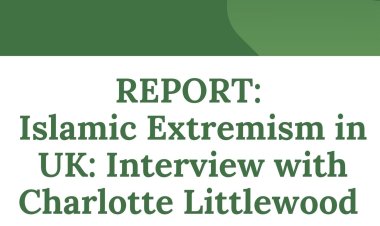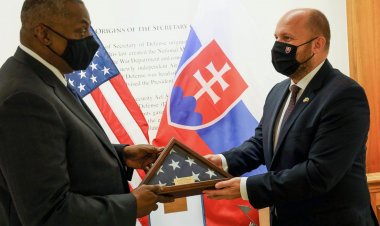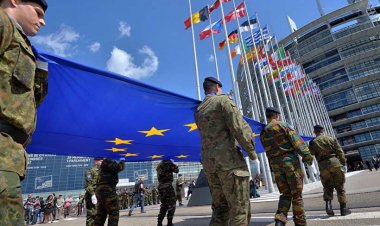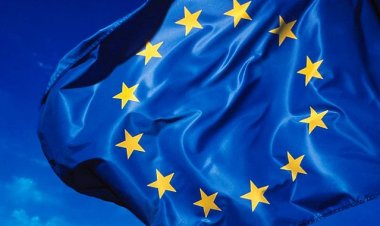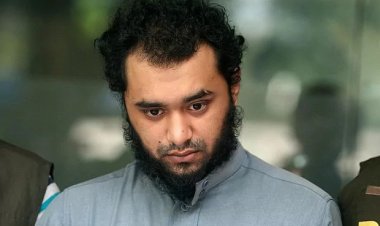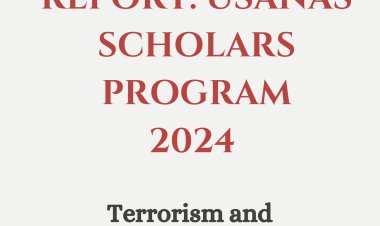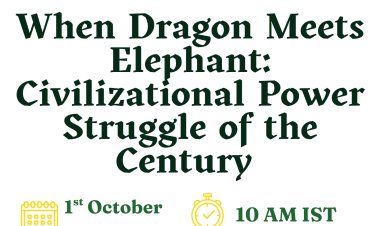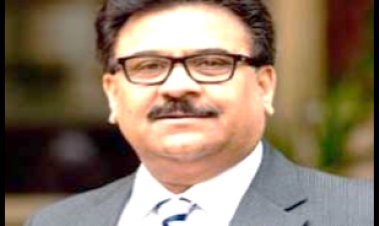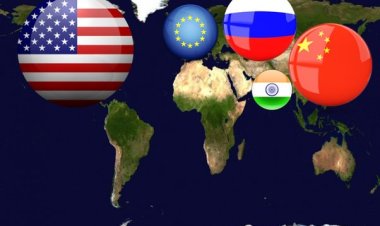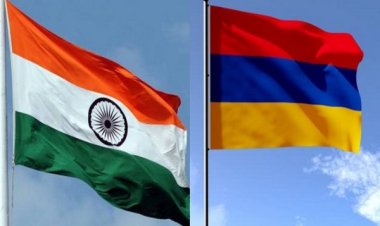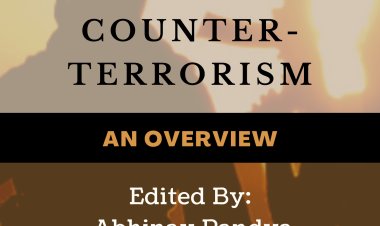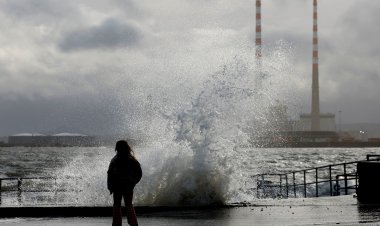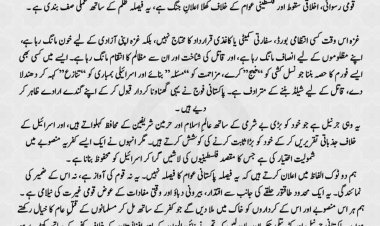The Russian-Ukrainian Crisis
The current tensions between Russia and Ukraine have increased in the latest months. Russia has increased its military presence along the border to Ukraine. If Ukraine acts on the military build-up, it must deploy forces to defend itself along the border. This makes Ukraine’s ability to defend itself within its borders weaker.
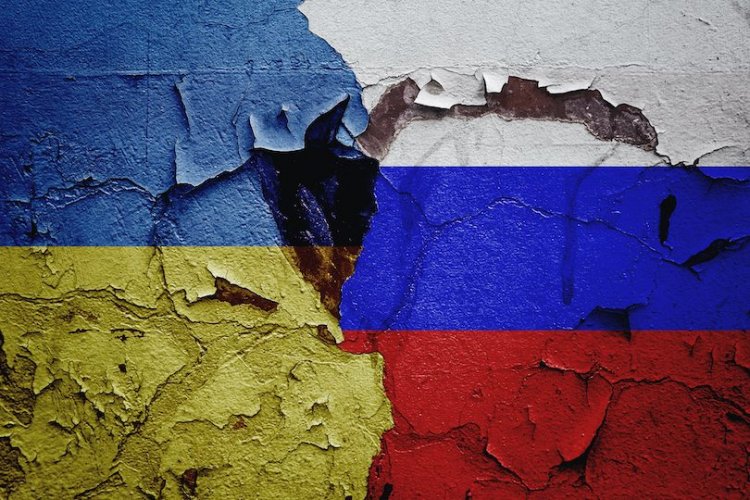
Overview
By Peder Foss
The Russian-Ukrainian Crisis
The current tensions between Russia and Ukraine have increased in the latest months. Russia has increased its military presence along the border to Ukraine. If Ukraine acts on the military build-up, it must deploy forces to defend itself along the border. This makes Ukraine’s ability to defend itself within its borders weaker.
Russia
Vladimir Putin is increasing the diplomatic and military pressure on NATO, the United States, and Ukraine. Russia's demands are for the most part unacceptable. Russia wants to get security guarantees and a promise the US and NATO will never accept Ukraine as a member of the alliance. Furthermore, Russia also demands NATO to return to where it was in 1997. NATO and the US refused to even consider these demands. Russia claims it received a promise from the US to not expand NATO further East, but the US claims it never gave Russia this promise.
What is Vladimir Putin's end game? If he wants to prevent an expansion of NATO, he is doing the opposite. Russia's hard rhetoric and deployment of military forces along the Ukrainian border do not only push the Ukrainians closer to NATO. Russia’s harsh words and behaviour also enhance the cohesion of NATO, even if there are some cracks in the wall. Has Vladimir Putin painted himself into a corner? One reason for the latest crisis is that Putin underestimated the West's response. Did he initiate aggression towards Ukraine to increase his rating within Russia? There are indications that the Russians are not happy about how Russia responded to the COVID pandemic.
Vladimir Putin views the collapse of the Soviet Union as a geopolitical disaster and is trying to re-establish the Soviet/Russian Empire. Russia is worried about NATO’s expansion. It views this expansion as a threat and wants a buffer zone between Russia and the threat. The Russian experience of the Second World War contributes to the Russian apprehension and concerns about their security.
The European Union
European Union is quite silent in this crisis in comparison with NATO. Several of the European Countries are dependent on Russian natural gas. Germany has been criticized for Nord Stream 2, a gas pipeline between Russia and Germany through the Baltic Sea. There are signs these European countries are looking West for getting energy.
The Military Option
Russia outguns Ukraine, but it is unlikely the Russians are planning for a full-scale invasion. If the Russians are conducting a military intervention, it will be a hybrid attack with cyberattacks to cripple Ukrainian infrastructure. I believe the major attack will occur north from the Crimean Peninsula or an offensive from the Donbas region toward Crimea. The Ukrainians have turned off the water supply to the Crimean Peninsula. The initial goal for the Russians is the turn the water on. I speculate that the Russians second goal is to connect the Crimean Peninsula with the Donbas Region.
The Russian Armed Forces have been upgraded and reformed following the armed conflict with Georgia, which exposed several weaknesses within the Russian military. The coordination between ground forces and air forces did not work well. The consequences were friendly fire incidents. Another major weakness was that the Russian commanders were forced to use their own mobile phones to communicate. Despite the weakness, the Russian Armed Forces prevailed and defeated the Georgian armed forces.
Russia decided to intervene in the Syrian conflict. The military intervention in Syria has also provided the Russian military with an opportunity to improve from earlier experiences. Russian commanders have rotated to Syria with the purpose of getting combat experience among the high ranked officers.
Russia has a much stronger military than Ukraine and will be successful if Russia decides to military intervention in Ukraine. However, Ukraine has improved its armed forces since 2014 and getting foreign military aid from the US, the UK, the Baltic States, Poland, Turkey, and training by these NATO countries. Ukraine cannot match the Russian counterparts, but Ukrainians can prepare to fight in a different way to repel a Russian offensive. The first step, that Ukraine needs to get its armed forces up to a level it can inflict a huge number of casualties for Russia. The second step is to use asymmetric techniques of war that enable a relatively weaker actor to successfully defend itself and win against a stronger actor. This concept has been successful during other armed conflicts. The Finnish approach during the Finnish-Russo Winter War and how the North Vietnamese Army fought the French and the US during the dual Vietnam Wars. The problem with this approach is the terrain in Ukraine, which is relatively open in comparison to the Finnish forests and the Vietnamese tropical forests. There is another aspect of war, which is not only about the number of aircraft, main battle tanks, artillery systems, and how well trained the soldiers are. Armed forces might be highly trained with artillery support and close air support. But the other aspect of war is how motivated the soldiers are. Soldiers defending their countries and homes are usually more motivated than those who are attacking them, irrespective of having better technology and/or training.
I believe Russia will attack Ukraine after the Olympic Games and there will be a two-pronged offensive from the Crimean Peninsula supported by tactical air assaults and amphibian assaults between Crimea and the Donbas. The Ukrainian Air Force, Air Defence, Command and Control, and critical infrastructure will likely be hit hard by the Russian Surface to Surface (SS) missiles and the Russian Air Force. In addition to the air attacks, Ukraine might be hit by massive cyberattacks and even assassination of key personnel in the government.
The Consequences of a War
One major consequence of a Russian offensive will be sanctions against Russia. It is hard to speculate about how effective these sanctions will be. Russia will probably counter it by strengthening its ties with China, that will have huge consequences for Taiwan and other neighbouring countries. Taiwan is not recognized as an independent country, but it practically is. There is a correlation between how Russia perceives Ukraine as a part of Russia and how China perceives Taiwan as a Chinese territory. There is an increased risk for war after the Olympic Games. China and Russia may coordinate their military operations against Taiwan and Ukraine. An alliance between China and Russia will have consequences for India as well.
Another aspect of war is that it can generate several refugees fleeing the conflict. The wars in Bosnia and in Syria have forced people to flee, therefore it is highly likely a Russian attack will cause refugees seeking shelter in Europe.
It is difficult to say exactly how the European countries would react if Russia attacked Ukraine. NATO would not deploy forces in Ukraine, but probably increase the support by sending Ukraine more military weapons. Another aspect is how would Finland and Sweden react. These two countries are not NATO members, but both have expressed a NATO Option. Finland and Sweden are both in Partnership for Peace, have military exercises with NATO and participate with NATO in military operations. If Russia opposes any expansion of NATO, Russia's behaviour can push Finland and Sweden further toward NATO. The Russian threat of deploying forces along the border also push Ukraine further into demanding a membership within the NATO alliance. The world is slowly recovering from the pandemic and the war in Ukraine also increases the risk for a global recession.
Disclaimer: This paper is author’s individual scholastic contribution and does not necessarily reflect the organization’s viewpoint.


